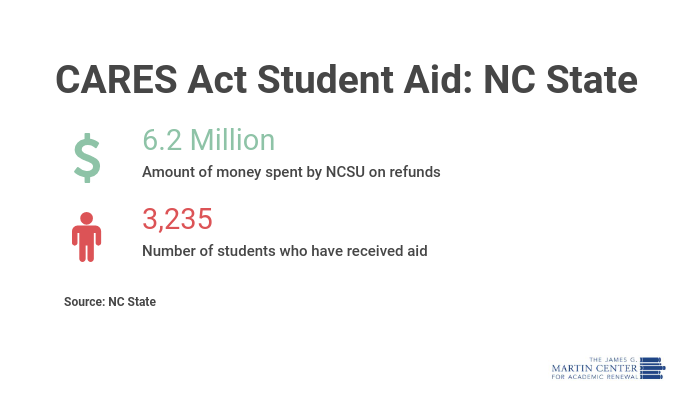Students from about 100 universities brought class-action lawsuits against colleges that have refused to give tuition refunds after COVID-19 shut down campuses. So far, the only aid students have received has come through the federal CARES Act.
Those universities facing lawsuits include large, nationally known schools such as Drexel University, the University of Miami, and the University of Colorado. Anastopoulo Law Firm in South Carolina has carved out a niche for students looking to file a lawsuit. It advertises their services by asking, “Are you a college student who was forced to leave campus? You may be entitled to compensation.” Students feel exploited by colleges (and potentially law firms encouraging class-action lawsuits), so they fight for refunds as they tolerate online classes.
As mentioned in a previous article, the quality of online classes is quite different than in-person classes with daily interaction. The lawsuits claim that online classes are not worth the tuition students pay for on-campus classes. The quality is lower, so they want discounted tuition. Some students also feel other financial pressures, such as paying rent even if they aren’t on campus. With many of them losing their jobs, a tuition discount could help them out of a financial hole. No wonder that so many class-action lawsuits have been filed.
Though colleges have not been quick to embrace tuition discounts, they do have federal funding to give students emergency grants.
As a student at North Carolina State University, I had the opportunity to apply for money through the CARES Act. The Act includes emergency funding to support students affected by campus disruptions. If a student meets financial aid eligibility, they can get assistance. However, the funds aren’t enough to help all students. In its required public disclosure, as of May 12, NC State has given almost $6.2 million to 3,435 students. Students can receive up to $3,000 in aid, but the university has not released the average aid amount awarded. Assuming the aid is divided equally, each student would have received $1,804.
NC State estimates, however, that 20,651 of its students are eligible for funds. If all students received a check, they would get $433. The university doesn’t appear to expect all qualified students to request aid. For the students who do receive CARES Act aid, they have a de facto tuition discount. That aid, however, doesn’t come close to how much all students could receive if colleges lose the class-action suits and must give refunds.
Megan Zogby is a Martin Center intern.

